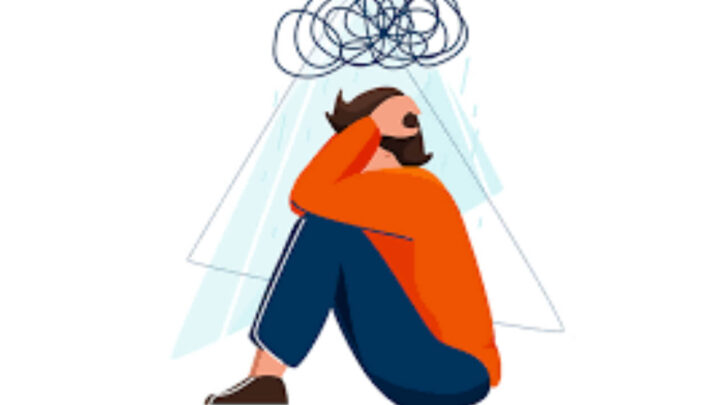Although they are not synonymous, stress and anxiety are frequently used as synonyms. A persistent or recurrent sense of fear or dread, or the notion that something terrible is about to happen, is what defines anxiety. An overwhelming or pressured feeling is a common way to describe stress. Stress and anxiety are not synonymous, however stress can result in anxiety. Emotional stress can harm both your physical and mental health if it is not managed.
If you identify any of the following six indicators of emotional stress, you might be feeling its effects:
decision-making or problem-solving challenges
feeling more sensitive than normal
being overburdened or tense
being forgetful or having trouble keeping track of things
Utilizing drugs or alcohol to reduce stress symptoms or block out stressors
avoiding stressful situations, such as skipping class or avoiding certain persons
Taking Some Downtime to Recharge
Life can be very busy. Your stress levels may increase as a result of a busy lifestyle that leaves little time for rest and renewal. The advantages of relaxing do not necessarily require a week-long retreat. Even a 15-minute respite from your everyday responsibilities might be very beneficial. If you must, set a timer or a time limit, but give yourself some space. Here are just a few ideas that have been proven to lower stress levels.
Take a walk or look into the restorative properties of yoga; exercise lowers cortisol production.
Close your eyes and think positively while you meditate.
You can alleviate tension by listening to music, singing along, or dancing if the song motivates you.
Take a nice bath, play a game, or read a book.
Spend some time on a beloved pastime, whether it be one you just discovered.
Laughter can help you feel better whether you watch a comedy or listen to a comedian.
Think about getting good rest.
Also Read: Finding Employment As An ERP Analyst





